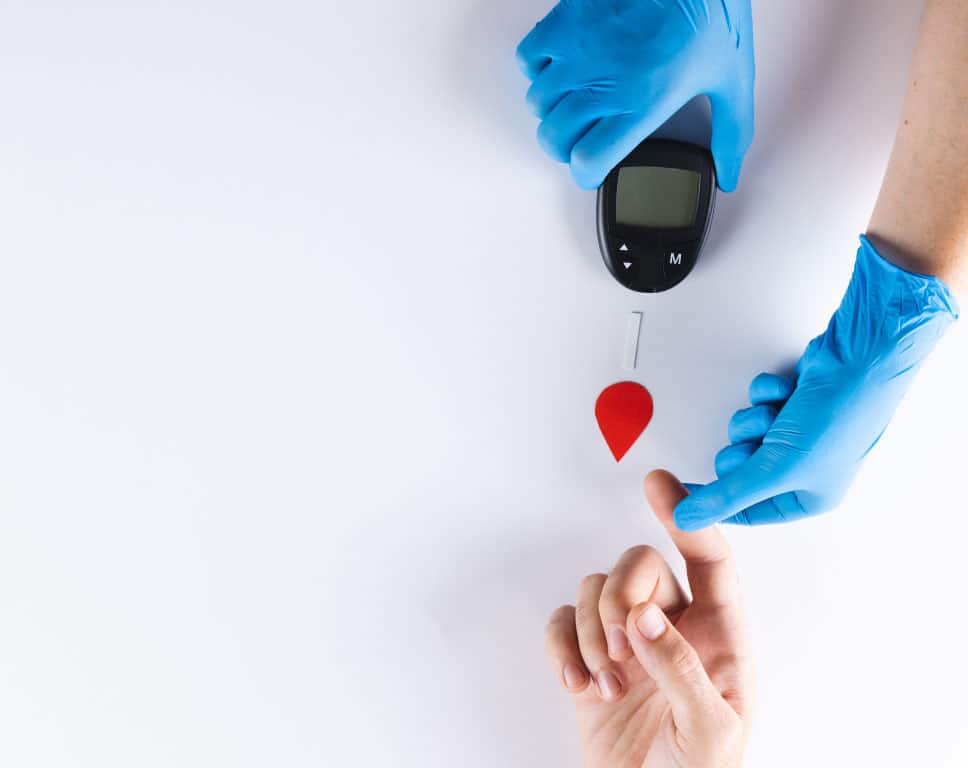According to global research, one in every six men will be diagnosed with prostate cancer in their lifetime, with over 60% of men being diagnosed over the age of 65.
“Age is just one factor,” says Prof Michael Herbst, Head of Health at CANSA. “For example, studies show that the risk among black men of being diagnosed with prostate cancer is around 60% higher than white men, while a history of cancer in a first-degree relative also heightens a man’s chances of being diagnosed with the disease.”
Herbst points out that there are no symptoms in the early stages of prostate cancer, which makes regular tested a non-negotiable for men over the age of 40.
Healthcare professionals are able to perform a Prostate Specific Antigen (PSA) blood test that indicates whether there are any problems with the prostate, typically followed by a Digital Rectal Exam (DRE), which looks specifically for the presence of lumps and other irregularities in the prostate.
Call to action
“This is a call to all men – regardless of age, ethnicity or even health status – to get tested from the age of 40 in order to pick up and treat the disease before it advances to a more life-threatening stage,” continues Prof Herbst.
“Our new ‘guynae’ initiative – which encourages men to talk to their doctors about getting tested – also aims to make it easier for men to talk about the health of their intimate bits, just as women have been doing with their gynaes for decades,” adds Warwick Bloom, Group Marketing at Hollard, title sponsors of the awareness-raising Daredevil run.
Risk factors
Testicular cancer is indiscriminate in age: it occurs almost as often in teenagers as it does among men in their 50s, although it is most common among men in their 30s. Risk factors include having had an undescended testicle, having a family history of testicular cancer, breast cancer or melanoma, or prior trauma to the testicles.
Testicular cancer is much easier to screen for by completing a thorough self-examination, although blood tests and biopsies may be required to confirm a diagnosis.
Through initiatives like the Daredevil run, Hollard is challenging men to confront the disease head-on by showing that they’re not afraid to talk about it and to get tested. “This is part of our ongoing purpose of enabling a better future for more people – by ensuring that these cancers are caught early, we enable better futures not only for the men whose chances of survival are increased, but also their families and loved ones.”















